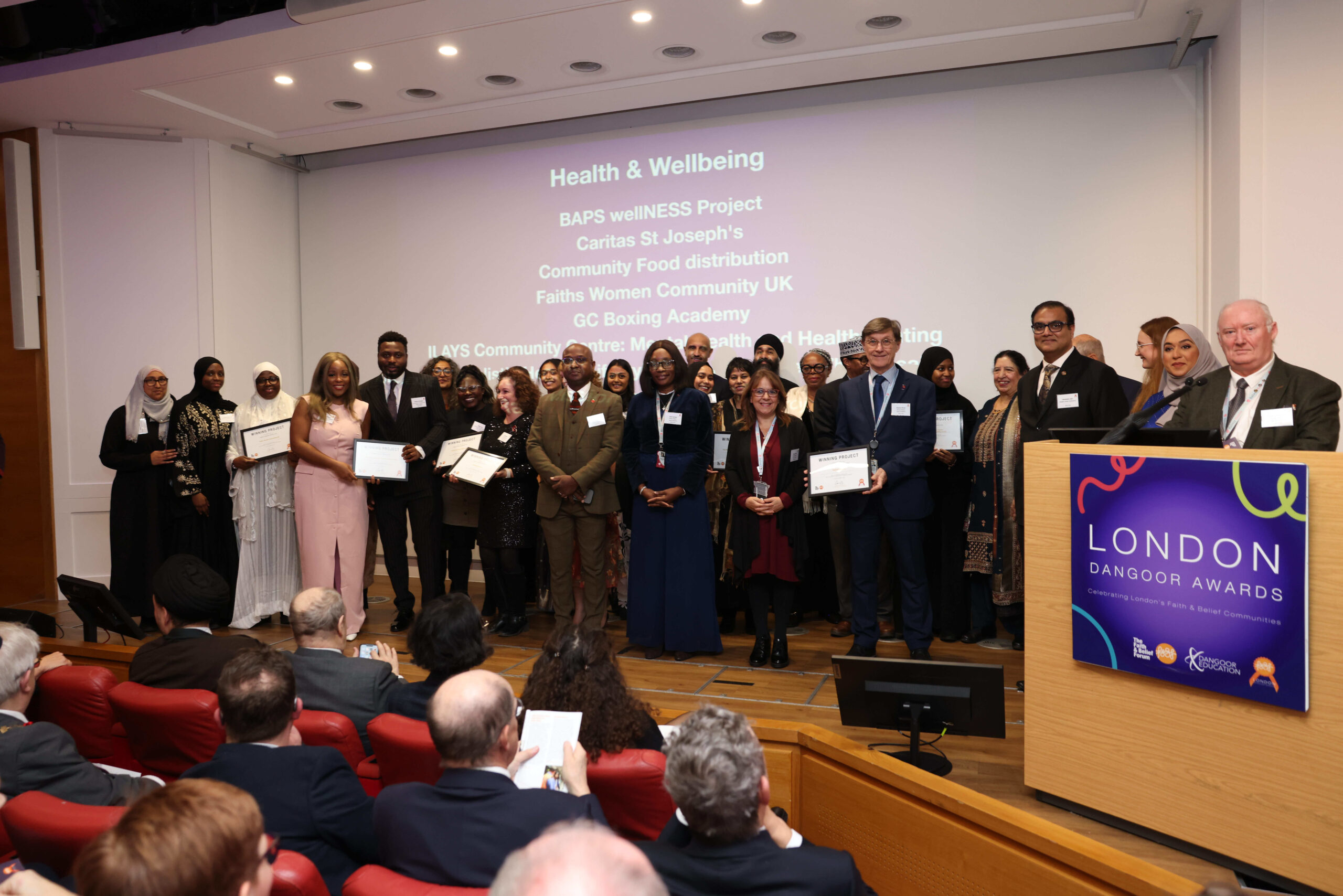Following the publication of the Terminally Ill Adults (End of Life) Bill, Richard Harries, Director of Caritas Westminster, reflects on the implications of assisted suicide on our understanding of love and compassion.
The assisted suicide bill being brought to Parliament – framed by its supporters as a loving response to the suffering caused by terminal illness – calls into question a fundamental aspect of our faith: the nature and meaning of love. And I believe the Church’s social action initiatives are uniquely well-placed to answer this question.
The Bible makes the groundbreaking assertion that Deus caritas est (‘God is love’, 1 John 4:8). Caritas, from which the Church’s global humanitarian aid network takes its name, is Latin for ‘love,’ and specifically the type of love rendered in English as ‘charity.’ Caritas is love that expresses itself in actions.
Through Christ we see clearly that God’s love is not an antidote to suffering. A “love” that seeks only to eliminate pain is shallow, one of the many faces of ‘instant gratification’ that we know to be a poor and often harmful substitute for deeper fulfilment. It is only through the lens of this false love that assisted suicide can be framed as a compassionate solution to terminal illness.
Benedict XVI notes that ‘The State… [is] incapable of guaranteeing the very thing which the suffering person – every person – needs: namely, loving personal concern.’ (Deus caritas est, 28b). Christian love recognises that true compassion, like its Latin root compati, means to ‘suffer with,’ to journey with people through suffering and thereby acknowledge that suffering has a purpose.
Love that accompanies, love that suffers with, is the distinguishing feature of charity, particularly that of the Church. It is this love that walks alongside guests at Caritas Bakhita House on the complex road to recovery from the trauma of exploitation, whether for one week or several years. It takes caritas to see the great capacity for creativity, love and fulfilment possessed by those with disabilities, and to help them share these gifts rather than to arrogantly claim that their life is not worth living. Just ask the team at Caritas St Joseph’s, our lifelong learning centre for people with intellectual disabilities, where students can attend accredited creative arts classes or learn practical skills that enable them to live with greater independence.
Similarly, only love that walks with and listens to others can engage in the powerful advocacy and outreach work carried out by many of our services, such as that of the Caritas Deaf Service to foster inclusive church communities for Deaf people, or Safe in Faith to allow parishes and counsellors to accompany people of faith experiencing domestic abuse. This is not the quick-fix “love” of eliminating the problem; this is the Gospel’s agape, the Greek word for love that ‘wills the good of another,’ and caritas that takes active steps to increase their wellbeing.
I witnessed for myself the revolutionary implications of caritas love on the annual diocesan pilgrimage to Lourdes, a place with radically different approach that places the sick and elderly at the centre of events. The gentle care shown by priests, medics and volunteers to the infirm was a moving testament to the dignity of both parties: love gives meaning to suffering, and suffering gives meaning to love. And both give meaning, and dignity, to our humanity. Returning from Lourdes, pilgrims often experience an unpleasant culture-shock at finding how easily the weak and vulnerable are again pushed to the margins.
It should not take an annual pilgrimage for us to see how precious these people are, and to realise how much we have to learn from their resilience. Loving these individuals through service – the true meaning of caritas – helps us both to discover and uphold the beauty of their humanity, and to recognise the dignity in suffering that assisted suicide blatantly ignores.
Let us then take action to prevent assisted suicide from perverting the meaning of love. Cardinal Nichols’ Pastoral Letter offers clear suggestions: pray, get informed, and contact your MP. We must act in order to love as God loves, with caritas; not just ‘in word or talk’, but ‘in deed and in truth’ (1 John 3:18).




